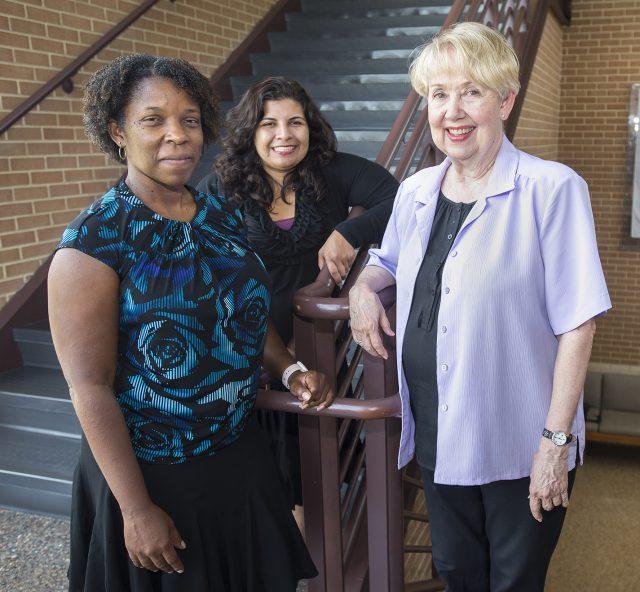By Josh Robertson/campus editor
Bullying is something many people encounter in their lives.
Whether it be when they were in elementary school or college, it happens. It affects you negatively either way.
It’s defined as unwanted, aggressive conduct among school-aged children that involves a real or perceived power.
There are four different kinds of bullying that most people experience: physical, verbal, covert and cyber.
Children that have been victims of bullying often suffer from repeated trauma. Many of them become timid and exhibit an inferiority complex that can get so progressive it may affect their future in their academic lives or social circles.
Nearly one in three U.S students say they have been bullied at school. Many others have been cyberbullied.
Research indicates persistent bullying can lead to or worsen feelings of isolation, rejection, exclusion and despair as well as depression and anxiety, which can all contribute to suicidal behavior.
Over 3.2 million students are bullying victims each year.
We should be addressing this serious issue more than we currently do. Schools and parents should work together to tackle the issue. Most bullying incidents happen or begin inside the school or within the campus. Bullying can happen in any number of places, contexts or locations, including online.
Approximately 30 percent of young people admit to bullying others in surveys. Only about 20 to 30 percent of students who are bullied actually notify an adult about it.
About 160,000 teens skip school every single day because of bullying. Students and people in general should never have to feel scared to enter a public place without having to worry about being bullied or talked about.
Bullying can become so severe that it falls into criminal categories such as harassment, hazing or assault. People can end up severely hurt.
Don’t allow yourself to be a bystander. Speak up. Speak out. And help all of those affected by bullying.
This isn’t something that’s going to go away overnight, but every day we can all do something to gain awareness of this epidemic and help show people that bullying is never OK.































